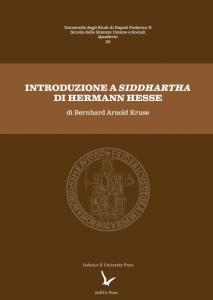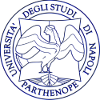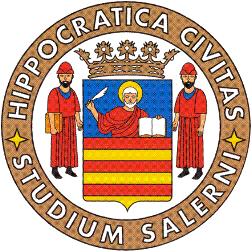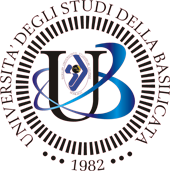Introduction to Siddhartha by Hermann Hesse
Keywords:
Hermann Hesse, Siddhartha, Literature and modern society, Ancient India and modern literature, German literature, Literature of the 20th centurySynopsis

Publisher: FedOA - Federico II University Press
Series: School of Human and Social Sciences. Working Papers
Pages: 198
Language: italian
NBN: http://nbn.depositolegale.it/urn:nbn:it:unina-29525
Abstract: Siddhartha, the novel by Hermann Hesse from 1922, has gained worldwide popularity. Set in India during the 5th century BC, this story of a boy who questions his father's house and the tradition in which he was raised, and who seeks his own path amidst complete upheavals of self-conception and the world, finds its relevance in the models of subjectivity it presents for a reading between empathy and distance. The construction of new identities based on interiority aims to strengthen individuals who face the loss of identity in modern industrialized societies driven by economic rationality, where they experience alienation and isolation even in digital social interactions. Siddhartha's sincere and profound search for self leads him to experience different aspects of subjectivity, which, in addition to the characters and events narrated, instil confidence in oneself and the ability to face the future through its aesthetic structure. The analysis and interpretation of the text, through a process of close reading, is designed to introduce readers to this dimension of the text, catering not only to beginners studying German literature.
Downloads














